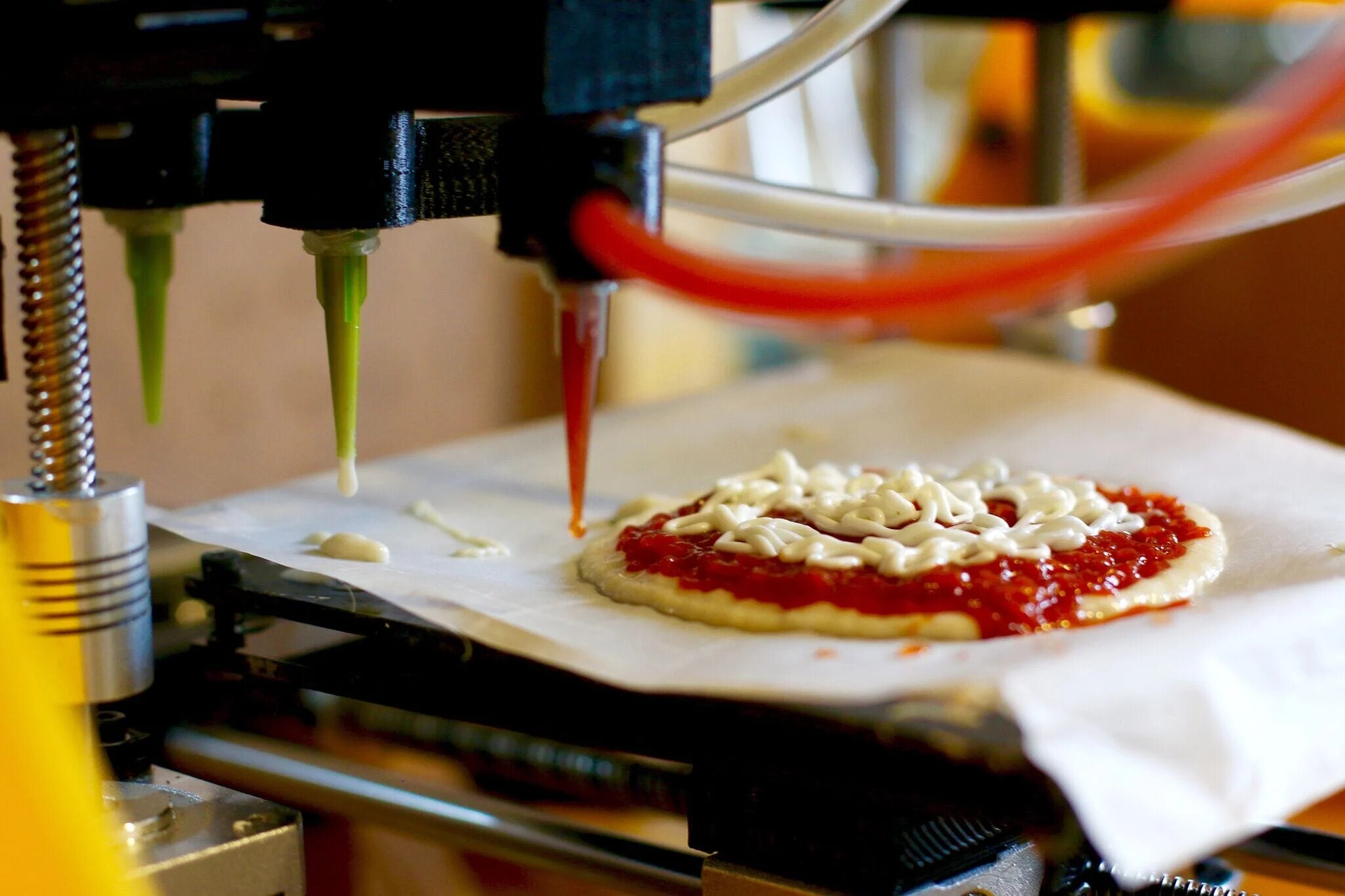Cambrium, a Berlin-based biotech company, is taking nature-inspired proteins to the next level by designing improved, sustainable, and scalable molecules. With the help of AI, Cambrium aims to create structural proteins that can be utilized in personal care and fashion industries. The company has recently secured €11 million in funding to expand its operations beyond its proof of concept product, NovaColl, a customized derivative of collagen.
Key Takeaway
Cambrium’s innovative approach to protein design aims to enhance the sustainability and scalability of designer proteins. By leveraging AI and focusing on structural proteins, the company aims to revolutionize industries like personal care and fashion and provide sustainable alternatives to traditionally sourced proteins. Through the development of molecules like NovaColl, Cambrium is committed to creating high-value proteins that meet human needs without compromising the environment.
Revolutionizing Collagen Production for a Sustainable Future
Collagen, the most abundant protein in the human body, plays a crucial role in maintaining healthy tissues. However, sourcing collagen from animals has ethical and environmental implications. Moreover, the natural collagen molecule is too large to effectively penetrate the skin, limiting its potential benefits in skincare products.
Recognizing these challenges, Cambrium focused on modifying collagen to make it more sustainable and effective. By isolating the region of collagen responsible for its beneficial properties and optimizing it for bioreactor production, the company successfully created NovaColl—a smaller, easier-to-produce molecule that stimulates collagen production better than its natural counterpart.
Through NovaColl, Cambrium has demonstrated the potential to improve existing molecules that are currently produced in unsustainable and environmentally damaging ways. By addressing these limitations, Cambrium is paving the way for innovative proteins that can be manufactured on a large scale without relying on animal sources.
Unlocking the Potential of Structural Proteins
Cambrium’s focus extends beyond collagen to various structural proteins that offer unique physical properties. The company recognizes the value of these proteins in industries such as personal care and fashion, where their structural properties are highly sought after. For example, silk is a structurally valuable protein that is currently harvested from silkworms. However, if Cambrium can design proteins with similar properties using more sustainable materials, it could revolutionize the textile industry.
By leveraging AI, Cambrium has developed a protein design process that goes beyond adhering to strict amino acid sequences. This design approach allows the company to optimize proteins for human needs and scalability from the outset. The AI platform acts as a generative tool, enabling the creation of new proteins by swapping out protein “words” to achieve different properties and functions.
Starting Small with High-Value Industries
Cambrium recognizes the importance of starting with low-volume, high-value industries to showcase the potential of its designer proteins. Personal care and fashion industries are ideal sectors for initial implementation due to their receptiveness to innovation and the availability of sustainable alternatives. Cambrium aims to provide solutions for these industries, offering more sustainable options for treatments in woven materials and leather products.
The recent funding round, led by Essential Capital, Valor Equity Partners, SNR, and HOF Capital, will enable Cambrium to further develop its protein design processes and expand its operations. With NovaColl already shipping to customers and being tested in real-world products, Cambrium’s focus will now shift towards its upcoming molecules. The company’s innovative approach and commitment to sustainability make it an exciting player in the future of protein design.

























